The five major manifestations of TINU syndrome include tubulointerstitial nephritis, uveitis, fever, rash, and joint pain. These symptoms are usually related to immune system abnormalities and require timely medical attention and comprehensive treatment measures.
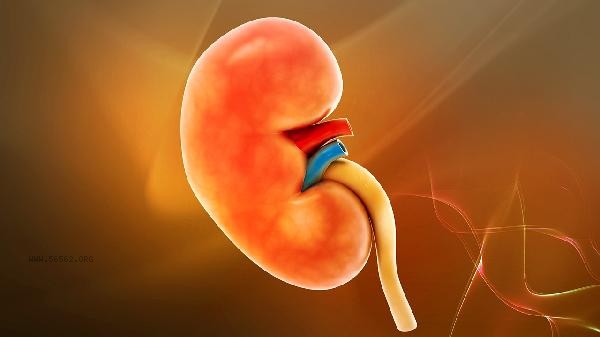
1. tubulointerstitial nephritis is the core manifestation of TINU syndrome, mainly caused by the immune system attacking renal tubules and interstitial tissue. Patients may experience symptoms such as proteinuria, hematuria, and decreased renal function. In terms of treatment, commonly used corticosteroids such as prednisone, immunosuppressants such as cyclophosphamide, and supportive therapies such as controlling blood pressure and protein intake.
2. Uveitis is characterized by redness, swelling, pain, and blurred vision in the eyes, which is associated with abnormalities in the immune system. Treatment includes local use of corticosteroid eye drops such as dexamethasone eye drops, oral immunosuppressive agents such as methotrexate, and regular eye examinations.
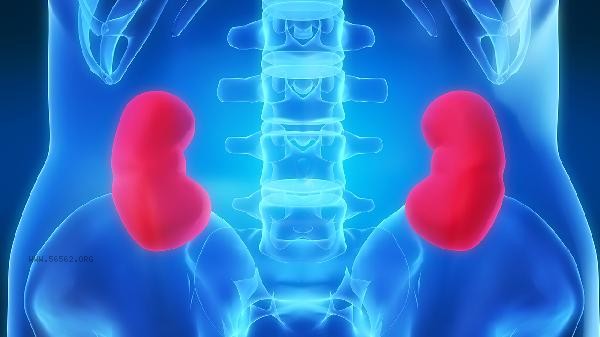
3. Fever is a common symptom of TINU syndrome, usually associated with inflammatory response. In terms of treatment, nonsteroidal anti-inflammatory drugs such as ibuprofen can be used, and fever reducing drugs such as acetaminophen can be used if necessary. At the same time, attention should be paid to rest and hydration.
4. The rash is characterized by redness, itching, or flaking of the skin, which is associated with abnormal immune system. Treatment includes local use of corticosteroid ointments such as hydrocortisone ointment, oral antihistamines such as loratadine, and avoiding exposure to allergens.
5. Joint pain is manifested as joint swelling and pain, which is related to inflammatory reactions. In terms of treatment, nonsteroidal anti-inflammatory drugs such as diclofenac, physical therapy such as hot compress and massage, and appropriate exercise can be used to maintain joint flexibility. The five major manifestations of kidney disease in TINU syndrome require comprehensive treatment, and timely medical attention is key. Through medication treatment, supportive therapy, and lifestyle adjustments, symptoms can be effectively controlled and quality of life can be improved. Patients should undergo regular check ups, follow medical advice, and maintain good lifestyle habits to promote recovery.
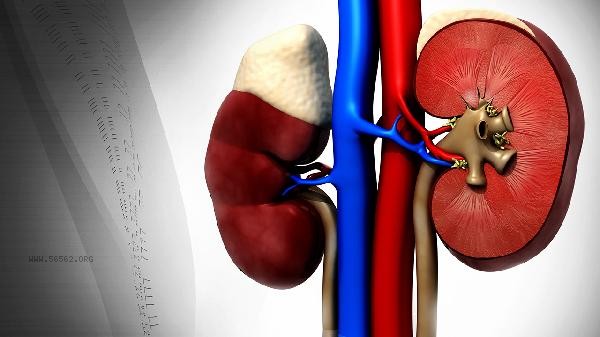

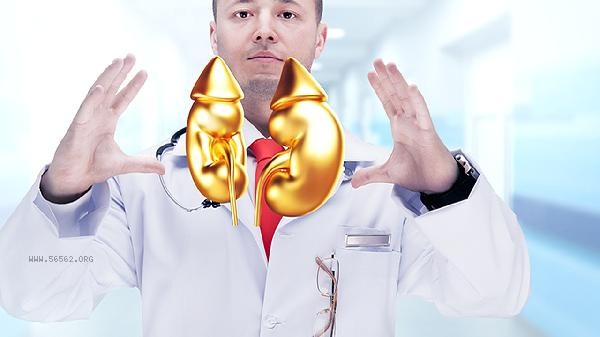
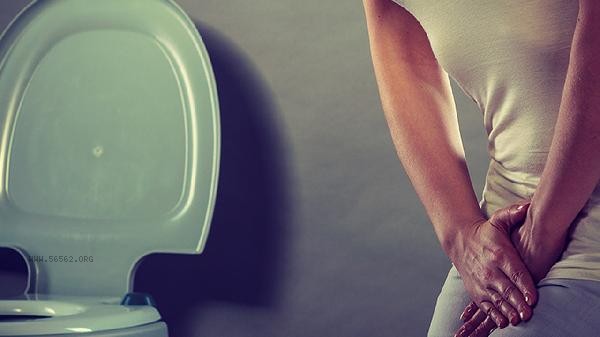

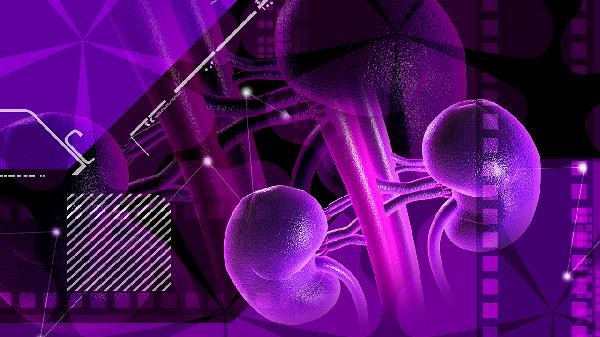
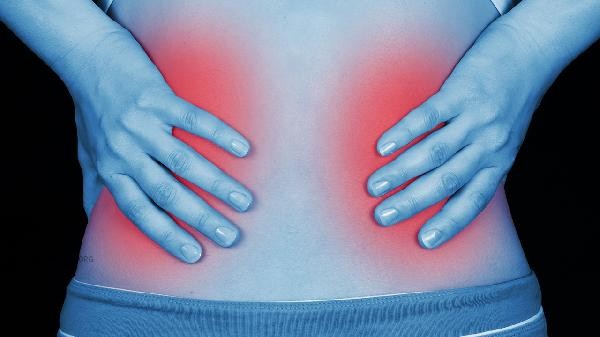


Comments (0)
Leave a Comment
No comments yet
Be the first to share your thoughts!